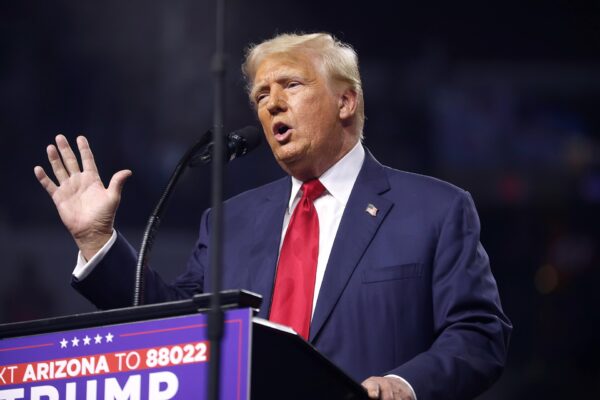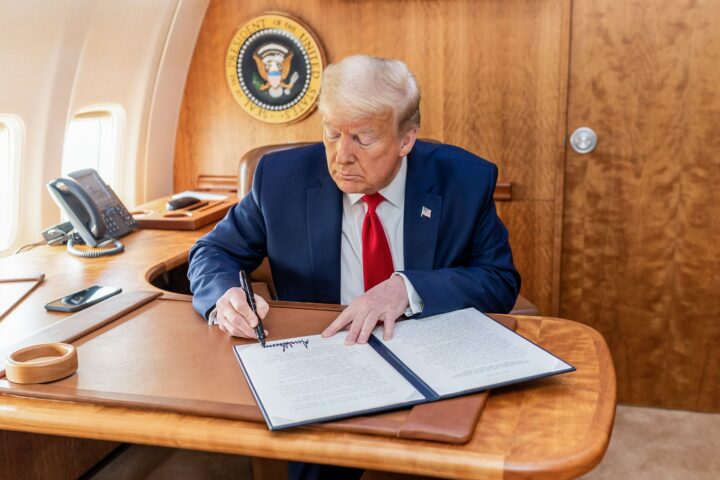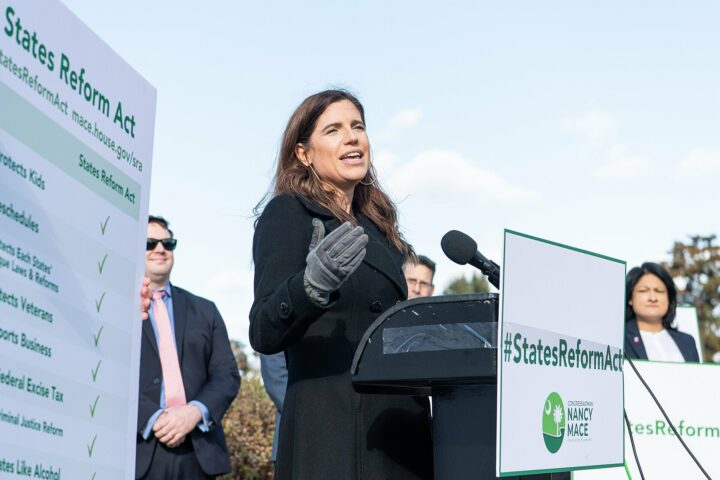The Trump administration reportedly said Friday that it is preparing to issue new rules restricting — and potentially barring outright — imports of Chinese-made drones and medium- to heavy-duty vehicles, escalating its push to reduce reliance on Beijing for critical technologies.
The Commerce Department announced it would move “as soon as this month” to address what it called national security risks tied to drones and their supply chains, as well as vehicles weighing more than 10,000 pounds from China and other foreign adversaries.
While officials declined to provide specifics on the import rules, the measures are expected to further tighten scrutiny of Chinese hardware used in the American market.
Chinese products dominate the drone industry. The world’s largest manufacturer, DJI, accounts for more than half of all U.S. commercial drone sales.
The administration’s plan would mark a sharp shift for industries that have become heavily dependent on low-cost Chinese imports.
The Trump administration has consistently warned that Chinese drones and vehicles are not simply commercial products, but potential conduits for surveillance, cyber intrusion, and supply chain manipulation.
Earlier in June, Mr. Trump signed executive orders designed to “bolster defenses against threatening drones” while simultaneously pledging to “boost U.S. drone manufacturing.”
The rules would extend a crackdown already underway against Chinese automobiles. In January, the Commerce Department under former Democratic President Joe Biden finalized rules that would bar nearly all Chinese cars and trucks from the U.S. market starting in late 2026, citing concerns over vehicle software and hardware sourced from Beijing. The Trump administration’s new steps would expand that logic to the heavier end of the market, including freight trucks, buses, and specialized vehicles.
Commerce officials in January had already signaled that drones would likely face similar restrictions, highlighting onboard computers, communications and flight control systems, ground control stations, operating software, and data storage as particularly vulnerable technologies. To that end, the department opened national security investigations into drones and related components in July, and into medium and heavy-duty vehicles and parts in April. Those probes could pave the way not only for restrictions but also higher tariffs.
The Chinese Embassy in Washington did not immediately respond to requests for comment.
The latest announcement underscores the Trump administration’s view that the United States cannot continue to cede entire sectors of critical technology to Beijing. Conservatives have long argued that Chinese control of the commercial drone market poses unacceptable risks — from data capture to sabotage of infrastructure.
For many on the right, Mr. Trump’s new restrictions represent a long-overdue recognition that economic competition with Beijing cannot be separated from national security.
Lawmakers in both parties have acknowledged the dangers. In December, Biden signed legislation that could eventually ban DJI and fellow Chinese manufacturer Autel from selling new drone models in the United States.
But Mr. Trump’s approach has been to pair legislative measures with executive action, moving faster to impose rules and shift production back to American firms.
The proposed restrictions would represent a decisive turn away from years of U.S. dependence on Chinese imports in industries vital to transportation, logistics, and surveillance.
Whether framed as a trade fight or a national security imperative, the Trump administration’s message was clear: the United States will no longer tolerate reliance on foreign adversaries for the backbone of its critical technology.
[READ MORE: Biden Seen With Large Gash After Cancer Surgery]








